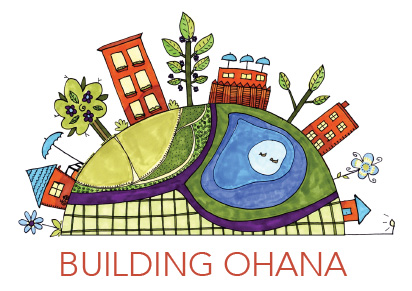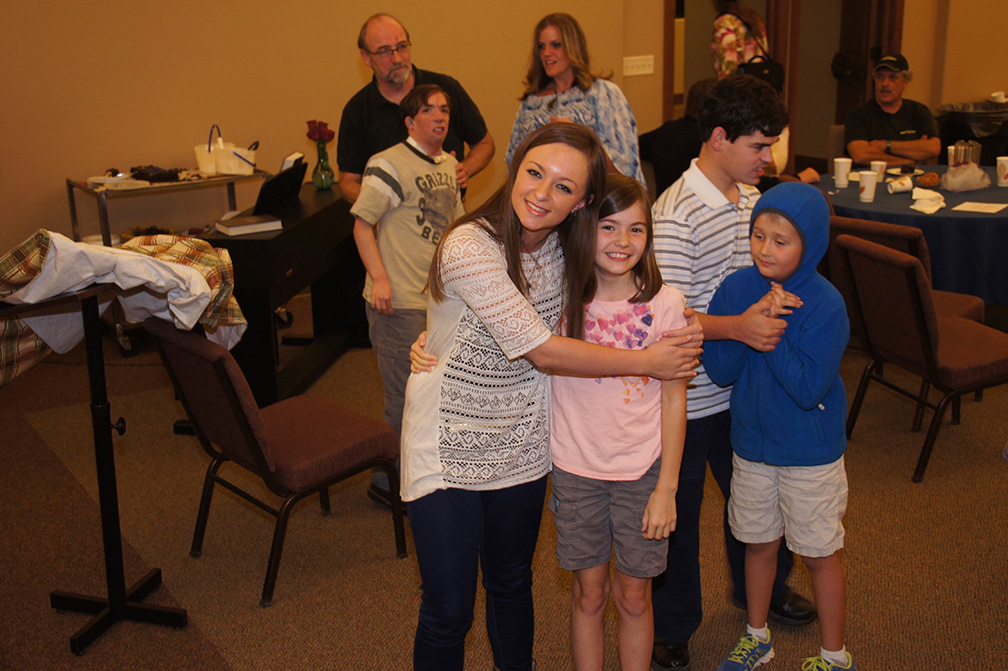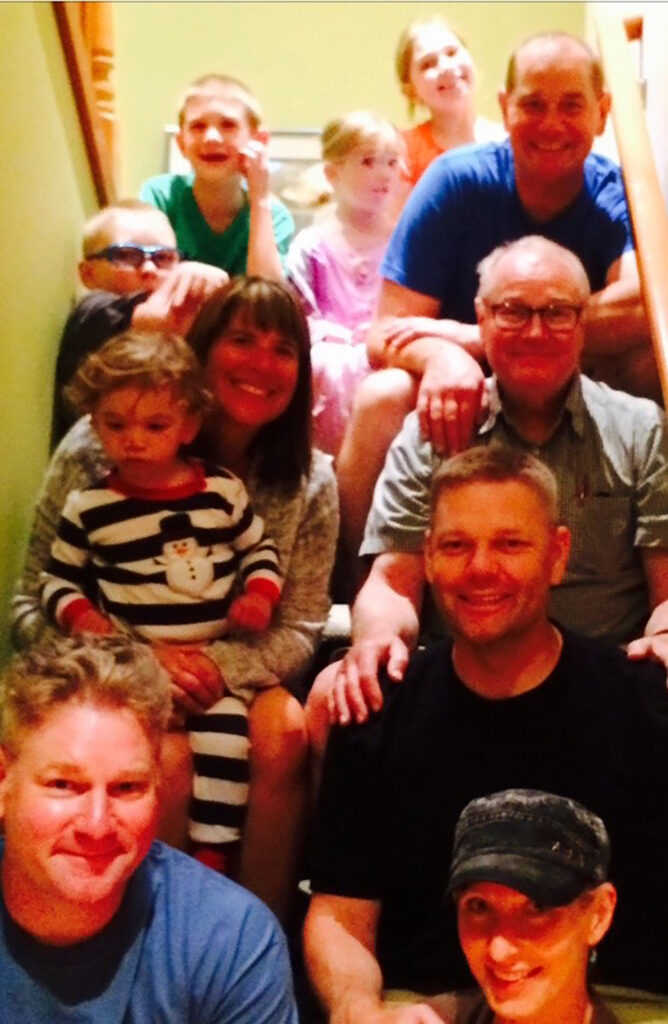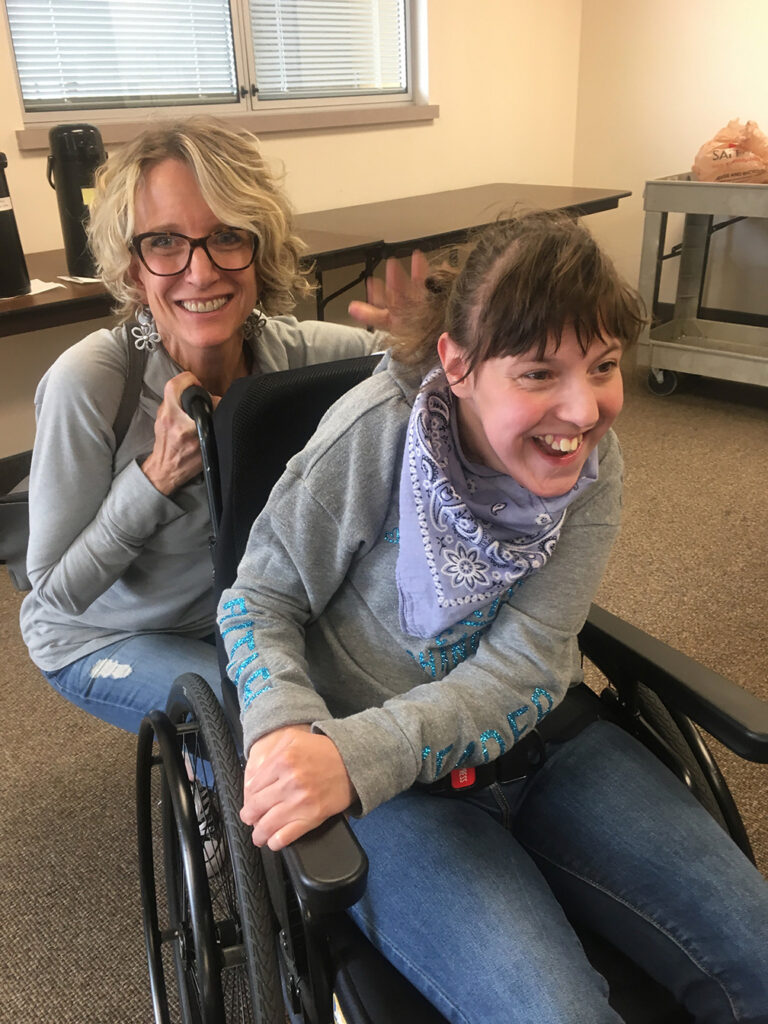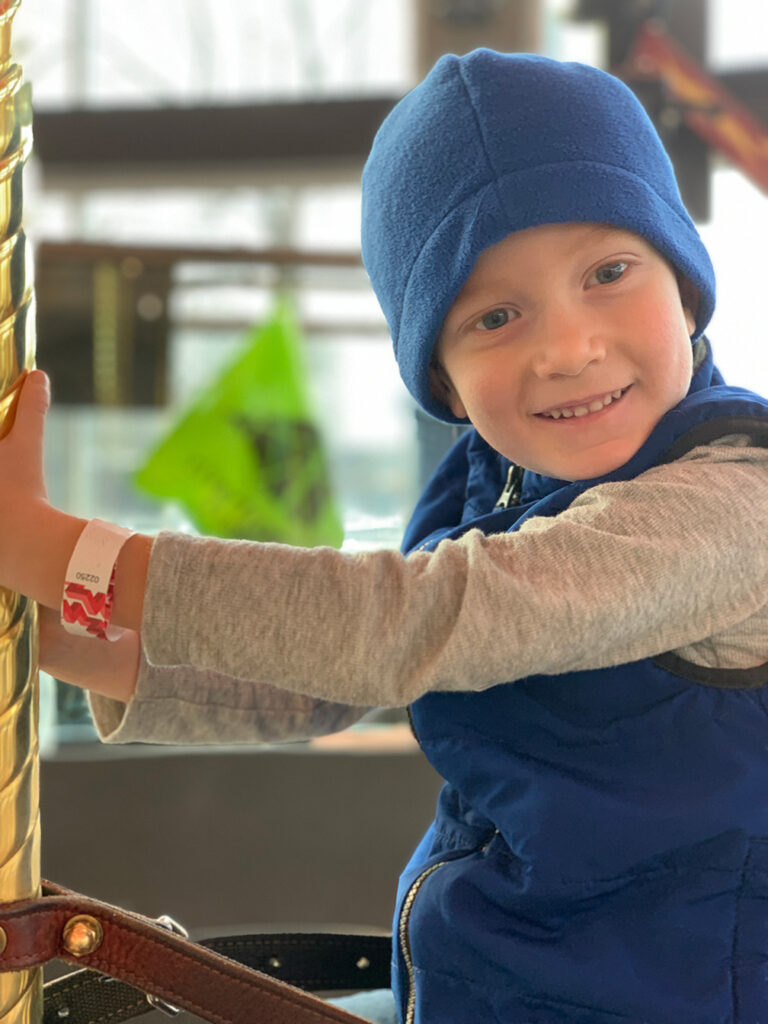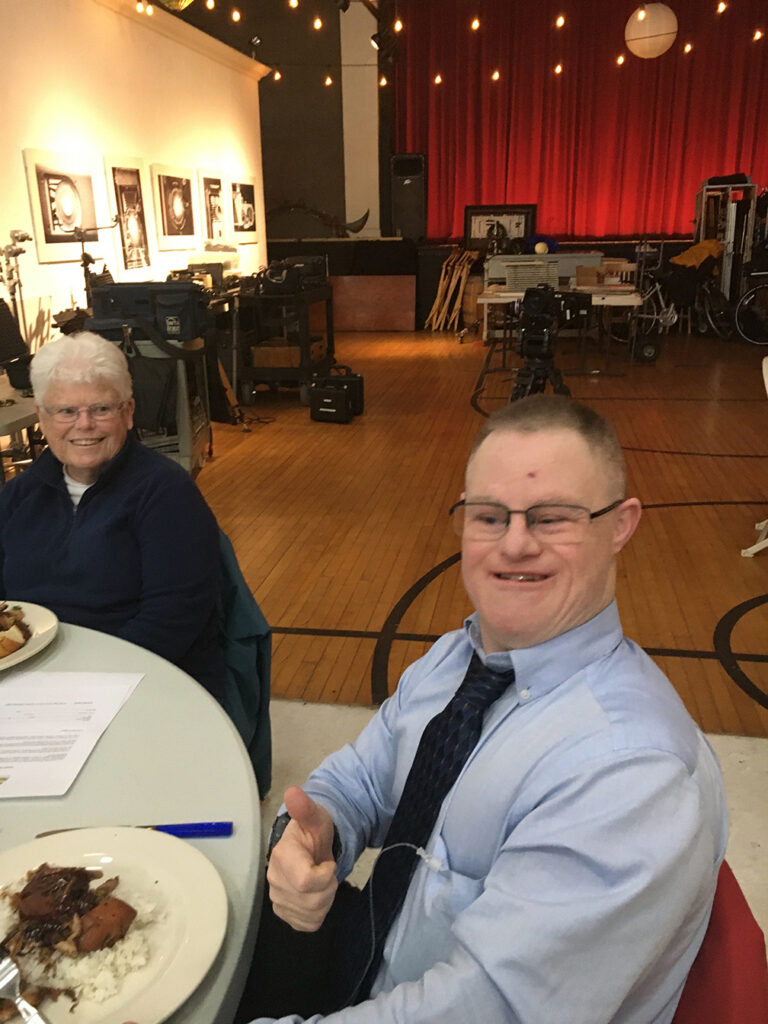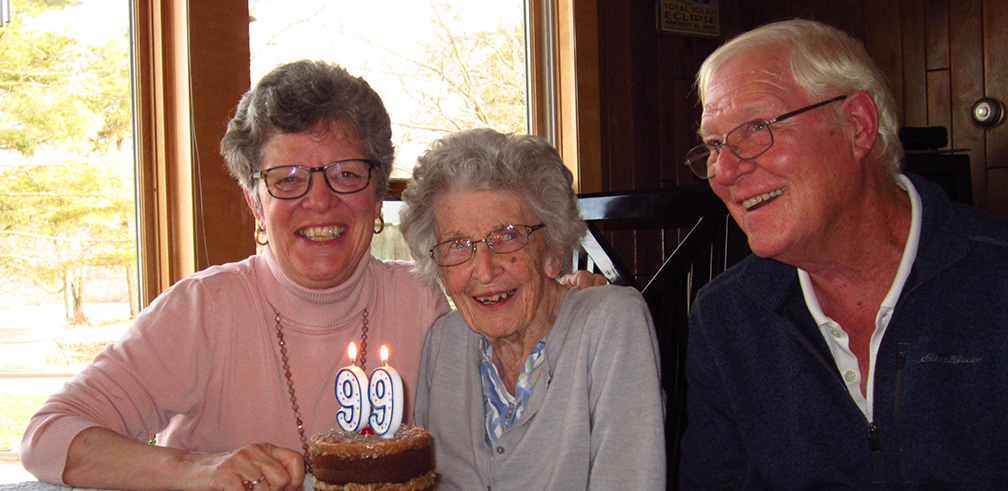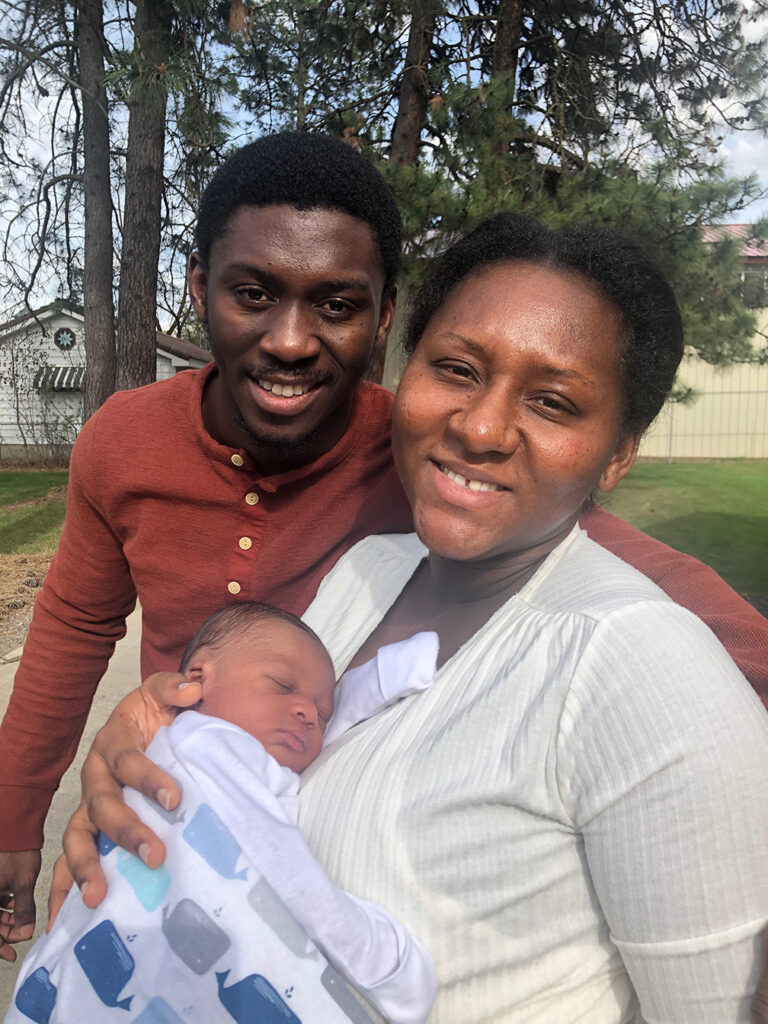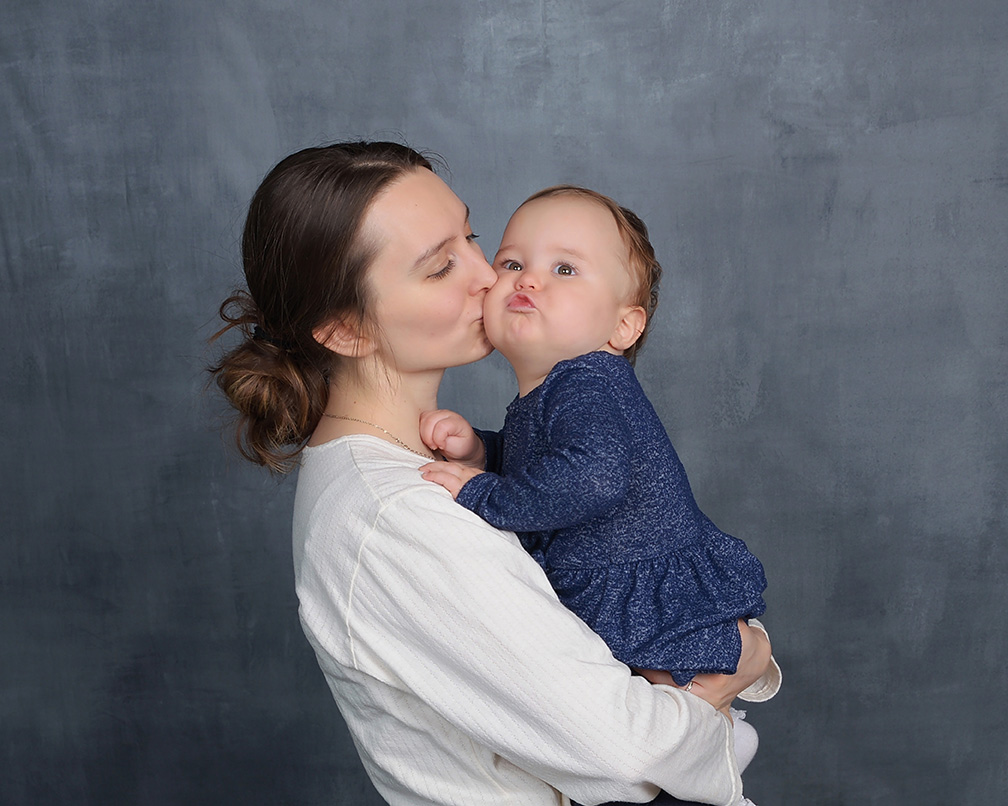Can you please define the term “Intentional Neighboring?”
Here is a simple definition…although we could talk about it for days: A community based on Intentional Neighboring is designed with a purpose: to support a lifestyle for all residents based on reciprocal and mutually supportive, caring relationships with neighbors. This lifestyle gives everyone’s life meaning. It emerges over time, creating a sense of safety, belonging, and joy while addressing the ebb and flow of vulnerability. There is a special focus on supporting the needs of a particular group of residents who are facing a particular set of barriers. Communities based on Intentional Neighboring are designed to fill a gap in our social safety net by focusing on a fifth and vital category of need—the universal need for caring relationships. These relationships are as fundamental to our wellbeing as are the established categories of need—food, housing, income, and health care.
My husband and I are retired and looking for a smaller home in a nice neighborhood. If we moved to OHANA, how could we participate in the work of “Intentional Neighboring?”
In her book, “Neighbors: The Power of the People Next Door”, Brenda Eheart tells the story of the many “seniors” at Hope Meadows who were the mainstay of caring support and “grandfriendship” to the families and children who were so much in need. These people, Brenda writes, offered their time, wisdom, experience and stability alongside great love to accomplish the intentions of Hope Meadows. In doing so, they found lives of meaning and purpose. Thank you for imagining what you might have to offer to the people in your next neighborhood. In OHANA, your very unique and personal gifts and talents will find expression as you meet and know your neighbors and recognize how much your friendship and commitment to care means to one another. Are you a gardener, an artist, a cook, a caregiver, an organizer? Do you have business or technical skills to share? Can you fix things, lead a meeting? Are you patient, a good listener, a good friend? OHANA will be that place where simply who you are will matter.
I am a single graduate student interested in living in OHANA village. Might there be a home I could rent in OHANA?
Yes. OHANA will have two co-living buildings available to rent at prices affordable to students or others with limited incomes. These buildings will house up to 6 residents each, including some individuals with I/DD able to live independently. Each resident will have their own separate bedroom with ensuite bathroom and mini-kitchen. Residents will share a full kitchen, living areas, laundry and other communal spaces in each building. Our co-living buildings will be great places for students and others who wish to actively participate in the intentions of our OHANA neighborhood.
My 27-year-old daughter with I/DD requires full-time care that we can no longer provide. If she lived in a supportive care home, could we live nearby?
The answer is YES! We are building OHANA to be a stable, permanent neighborhood of homes for its residents. Anybody who wishes to participate in the intentions of our community can purchase a home in OHANA Village. We know the transition to residential care can be difficult for all concerned. Our resident interest list already includes a number of families, guardians and friends of potential residents with I/DD who want to preserve the closeness of daily relationship with their loved ones. As parents who know your daughter better than anyone else, you and others like you have much to contribute to this community of care and friendship.
My family provides home to foster children, one with I/DD. Could we buy a 3-4 bedroom home in OHANA?
Your family will be welcome to live in OHANA. Homes in the Village will range in size, from smaller 2-bedroom homes to larger, 3- and 4-bedroom homes. The larger homes will be designed specifically with families like yours in mind and all homes will be designed with particular care to ensure that they are built to provide the best possible living experience to people of all ages and abilities— including your child with I/DD, or an elderly mother, to live and thrive.
I am a single working mom with two high school children. Could I afford to buy a home in OHANA?
OHANA is being designed so that people of all income levels can afford to purchase a home. Homes in OHANA will be available in a variety of sizes and price ranges. We anticipate at least half of these will be made available to purchase for people earning less than 80% of the area median income. The remainder of the homes will be priced at workforce levels, meaning purchase of a home at OHANA will be attainable for teachers, single parents, health care workers, municipal employees, and others who live and work in our community.
Can I own my home in OHANA?
Yes! Homes in OHANA Village will be available to purchase through a cooperative ownership financial structure. Purchasing a home at OHANA looks very similar to a standard home purchase, except it is much easier because you will not have to obtain a mortgage – the mortgage is held by the cooperative.
Can my family rent a house in OHANA?
Most of the homes at OHANA Village will be available for purchase through a cooperative ownership financial structure. This model combines the simplicity of renting a house with all the long-term benefits of owning a home. Down payments are much lower than a typical home purchase and you don’t need to apply for a mortgage – that is included in the monthly payment to the cooperative. The cooperative will take care of maintenance of the home and grounds and even some of your utility bills. You will be able to deduct your share of the property tax each year, and you can realize a limited amount of equity if you wish to sell your home. All the ease of renting combined with the stability and financial benefits of owning a home!
Do OHANA houses have yards to play in?
OHANA will be designed to carefully balance public and private space. The homes in OHANA will be configured in pocket neighborhoods with beautifully landscaped, shared green spaces throughout the community to gather and to play in. Each home will also have a private back and side yard which may be fenced if residents so desire.
I am a home care provider. Could I live in OHANA and work there as well?
Yes! The benefit of Intentional Neighboring in OHANA is that the community is designed to support everyone. If you work in OHANA as a home care provider you can expect to become an integral part of the community, getting to know the neighbors well as you interact with them on a daily basis, and as they engage with the people you support. It is possible that you might wish to become a resident and enjoy being a part of this community full time.
Will BUILDING OHANA provide formal home care services to residents living in OHANA Village?
OHANA is first and foremost an intentional neighborhood, where home and neighborhood provide the natural supports of caring friends and neighbors that can supplement formal services. At this time, OHANA does not plan to provide formal home care services; however, BUILDING OHANA’s onsite community support staff will maintain ongoing relationships with state and local agencies/partners/providers and will work closely with residents to acquire the help they need.
My adult son with autism is interested in owning his own home. Would that be possible in OHANA?
Your son’s autism is absolutely no impediment to home ownership in OHANA, and so the answer is yes…he would be welcome! Some individuals on the spectrum are quite able to work and live independently or with friends/roommates in the broader community. Others might need to acquire formal supports for them to thrive in their own homes. Either way, an intentional neighboring community is designed to support that thriving and to draw individuals and families into deeper relationship with community. This is community inclusion at the level of home and neighborhood — the opportunity to participate, contribute and lead the way. If your son wishes to be a part of this highly engaged OHANA way of life, please contact us for more information.
Who will run OHANA Village? Since I want to own a home, will I be part of community governance?
OHANA Village will be managed by a cooperative resident group, democratically selected by all community members or their representatives. In this way, everyone living in OHANA will participate in decisions regarding the preservation and implementation of vision, values, direction, activities, as well as maintenance, financial and operational supports for OHANA.
I am a Yoga teacher. Could I use the OHANA Common House to teach residents chair yoga?
The OHANA Common House will be available for all residents to use for a variety of purposes. Residents will be able to reserve the space for private birthday parties, or schedule community events like book clubs, yoga classes, game night, and anything they can think of. We hope that residents will take the lead to host classes, meet-ups or other events throughout the year.
My son is a friendly 30 year-old man with I/DD but most of the people in his life are paid care providers. How might the neighbors in OHANA make his life better on a daily basis?
We know from personal experience that the situation you describe is common. In many ways, OHANA was conceived to address this circumstance. When paid care providers are in the position of providing both care and social connection, life for both parties can be limited. Intentional neighboring in OHANA is designed to intervene in the most natural of ways, by creating social engagement opportunities with residents on a daily basis, with people who, over time become trusted friends and companions. How that looks will be different for every person, depending on their strengths, needs and interests. Taking walks in the neighborhood, meeting at the common house for a game or for learning, outings to the store or to a movie. Solving a problem together. Just being together. And then there are whole community celebrations, events, and the chance to participate and contribute to the fullest extent possible. A neighborhood of friends can offer tremendous opportunities to individuals who are isolated within their systems of care. Opportunities to belong. And of course, their care providers will be included and supported as well!
How can I meet some of the people who sign up to live in OHANA Village?
As plans for the purchase of property firm up, OHANA will be conducting both Community Conversations and community-led design charettes in which potential residents—including you — can participate. This is a great way to meet future residents. Although formal commitments to residency will not be taken right now, we have a growing resident interest list you many want to sign up for.
You say that OHANA VILLAGE will only have 25 percent of its homes available to individuals with disabilities. Why not more?
OHANA is committed to creating a diverse community of residents whose differences will reflect the rich and various ways in which committed people can contribute to the lives of one another on a daily basis. Within the 25 percent of residents with I/DD there will be great diversity and a wide range of strengths, needs, interests and levels of independence. Were that not so, even 25 percent might be too high a target. OHANA is not a service provision model, but rather a much-needed community response to inclusion and relational support for individuals across a wide spectrum of intellectual and developmental disabilities. Together, all of these residents, no matter age, ability or background will be included and participate in the caring intentions of OHANA.
How can I be first in line to reserve a home? What does a reservation cost?
We don’t yet have information on reservation costs – this will likely depend on the type and size of home. You can provide your contact information HERE to be added to our home reservation interest list and receive periodic updates as we know more. And you can also PARTICIPATE in our upcoming Community Conversations and community-led design charettes to meet more people like you who are interested in living in OHANA.
When will OHANA be ready for residency?
OHANA is currently in the design phase and does not yet have a construction schedule. As we get further down the path of design, permitting, and funding we will update our schedule so please stay in touch. If you wish to be added to our interest list for a home and receive updates on our schedule, please add your name to the contact list by clicking HERE.
When you say OHANA will be accessible inside and out, what do you mean?
We are currently in the design phase of OHANA, implementing emerging research and best practices on accessible design, and working with our community to gather input and ideas about how we can best design our homes, the common house, and the outdoor spaces at OHANA. Our team is tasked with ensuring the highest attention to detail to design spaces that work for everyone. We imagine this means safe walking paths throughout the community that are easy to travel not just for people in wheelchairs, but also for people who may need extra help with navigating the space. The homes will all have accessible front entrances so neighbors can visit each other, and all homes will be constructed using universal design principles so the rooms—especially the kitchens and bathrooms—are functional and comfortable for people of all ages and abilities.
I am a person with I/DD who is very independent but cannot drive. How could living in OHANA help me with transportation?
Lack of mobility is a key factor in isolation. Our property criteria list leads the way with the requirement of proximity to various modes of public transportation and access to specialized transport services. We know that a number of our residents will not own cars, while others will have both time and means of transport. Neighbors may not be able to provide rides on a regular basis, but the needs of our residents will be identified and assessed regularly by onsite staff to determine how our community might respond. The more our OHANA residents are responsive to one another’s needs, the less formal supports will be required for all residents.
We have two kids that need to be a part of a diverse, intergenerational community like OHANA. Could they help out?
No one is left out when close and daily relationship is the goal. Helping and caring are both natural and learned skills, and when they are encouraged, kids are wonderful friend-makers. Just like all our residents, including people with I/DD, children bring unique gifts to their community, and play a special role in the creation of joy, purpose and belonging. Our OHANA kids will benefit from growing up in a diverse community where people of all ages are respected and trusted friends, learning and living together.
My roommate and I love to garden. Will we have space in our yard for that?
With homes at OHANA configured in Pocket Neighborhoods, each home will have a small side and back yard for residents to use as they wish. Most of the shared green space in the neighborhoods will include community gardens throughout. Volunteering in the community gardens may be the perfect way for the two of you to contribute to the common interests of the neighborhood and engage with the people next door in the process— all while doing something you love.
How big are the houses in OHANA? We like to host a family visit once and a while.
The houses at OHANA will be available in a variety of sizes and each will have ample living and dining spaces. But our OHANA Common House, with its large kitchen, dining tables and comfortable gathering spaces and guest bedrooms will be available for residents to reserve should they wish to host family events or reunions. The Common House will be a second home to all residents — and a place where OHANA friends and families can meet daily and for special occasions.
I am a person with autism who has trouble being in crowded places and in overstimulating environments. Why should I live in a community where people are always getting together?
You might not choose OHANA as your home if living in a highly connected and inclusive community does not appeal to you. On the other hand, we are taking care to address the needs of individuals who share some of your challenges, and you might be surprised to know how many of us—with and without autism—have similar concerns. The OHANA community design team is committed to creating balance between private and public spaces throughout the community. All homes, even the co-living homes, will be comfortable and private, with shared living spaces designed for relationship and independent activities. There will even be quiet areas in our Common House for an individual to get online or visit with a family member or an OHANA friend. Public space should not be overstimulating when designed well, but calming and welcoming in both built and landscaped environments. That said, some community gatherings and events might be challenging for you, but if you choose OHANA, you will soon have trusted neighbors and staff who will understand and help you to choose the experiences and accommodations necessary for your wellbeing. And you will always be able to find a private quiet place to get away. Social connection does have its challenges, but isolation and loneliness are far more damaging to us in the long run. Thank you for considering a new way of life in OHANA. Please stay in touch and go here to see how you could get involved and meet others on our resident interest list.
What makes OHANA different, innovative and new?
This is a great question with multiple answers. We’ve visited and researched a number of communities that serve people with disabilities. But to date we know of no other communities in which a clearly focused mission, core values and social purposes are imbedded into every aspect of the project, informing its design, development, financing, formation, operation and governance. From the beginning.
Our model is based on Intentional Neighboring, where neighbors of all ages and abilities and backgrounds come together to support each other through the life stages. In OHANA Village, people with disabilities will be included and supported to participate and contribute as valued members of a diverse community; parents can live near their adult children with I/DD; seniors can participate in a community of purpose, volunteering time to support people with I/DD and their caregivers and receive care and support in return; and families can raise their children to know and respect people who may be different than they. We can all be a part of the solution.
Some other differences:
- We are not a model for services or a “disabilities project” but a much needed and planned community response whereby the power of the people next door is harnessed to address the multiple challenges and barriers so many face today.
- We are not an affordable housing project but a mixed-income neighborhood, offering varied options for living to a diverse and inclusive community of residents— people of all ages, incomes, abilities and backgrounds.
- We are not a rental project but a mixed-tenure community where various housing styles and forms are integrated through expert design and quality construction to create a desirable neighborhood environment for every resident.
- We are not a caregiving facility, where residents are primarily “patients” cared for by paid providers. We are an inclusive community of intentional neighboring where support is offered in caring relationships to all residents AND to their paid care providers working within OHANA. Homes designed for residential care will be operated by qualified individuals or agencies from the community who have agreed to participate in the social purposes of OHANA.
- We are not a social service agency operated by the state, but a natural community of contributing residents (renters and owners) engaging with one another in formal and informal ways to promote both personal wellbeing and common good.
- We are not a cloistered community but one with permeable boundaries, designed for not only “visitability” but for true hospitality and outward community engagement. OHANA and the people in it will not only receive support from our broader community, but participate in it, contribute to it… and lead the way.
- We are not a community of one tribe, one circumstance, or one diagnosis. We are diverse, intergenerational, inclusive. We are neighbors.

